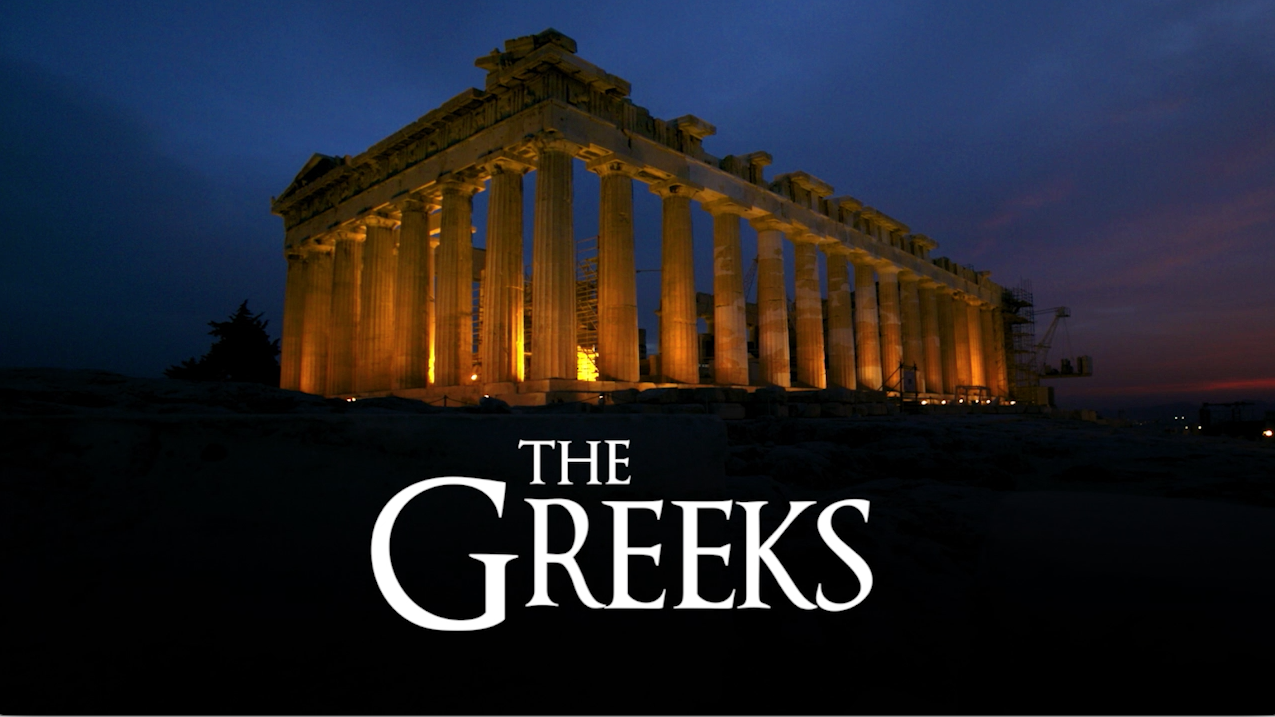The Greeks are the first ancient civilization with which modern society feels an immediate affinity. We like to believe that they thought much as we do-that is, that they were rationalists, intensely curious about their environment, eager to acquire new knowledge and to use it to alter their condition. We recognize them as a reflective people, questioning the human condition, interested in the new, but respectful of the old. Their literature, one of the richest the world has seen, shows a feeling for history.
They also believed in their gods with an intensity and good humor that humanized both the gods and the Greeks. They accepted the world of the actual-good or bad-as they understood it, and they consciously strove to understand that world through both science and religion. It is this sense of being linked in time that customarily leads modern scholars to begin the history of our concept of Western civilization on the Greek peninsula, on the islands of the Aegean Sea, and in the Greek-speaking cities on the western coast of Asia Minor.
The Greeks are the first people with whom we can identify. We feel that we can actually know them because we can understand their motivations. We can also identify with the Greeks because of their art. Art helps to embody, to objectify, an ideal of perfection—whether of reason, of justice, of balance, or of the human spirit. It attempts to express an ideal. We have inherited such an ideal from the Greeks, in their architecture, in their attempts to define civility, in their awareness of the tension between the ideal and the actual, as in the structural tension between the upraised arm and the heavier torso in a representative figure of Greek statuary.
Politically we may think of the Greeks as the fathers of democracy, that is, of government by and through the people. They also, at different times and in different places, found the best government to be oligarchy-that is, government by the few, whether those few were a natural-born aristocracy or the rich or the “most noble of mind.” At other times they accepted tyranny-absolute rule by a single person. They did not “invent” any of these forms of government, for governmental forms evolve and are not the inventions of individuals. But they did use these various forms, for in politics they experienced the tension between the ideal and the actual in terms of competition among groups who felt they alone possessed the right to define society’s problems and find society’s solutions. In the variety of their political thought, we also perceive ourselves as their kin.

